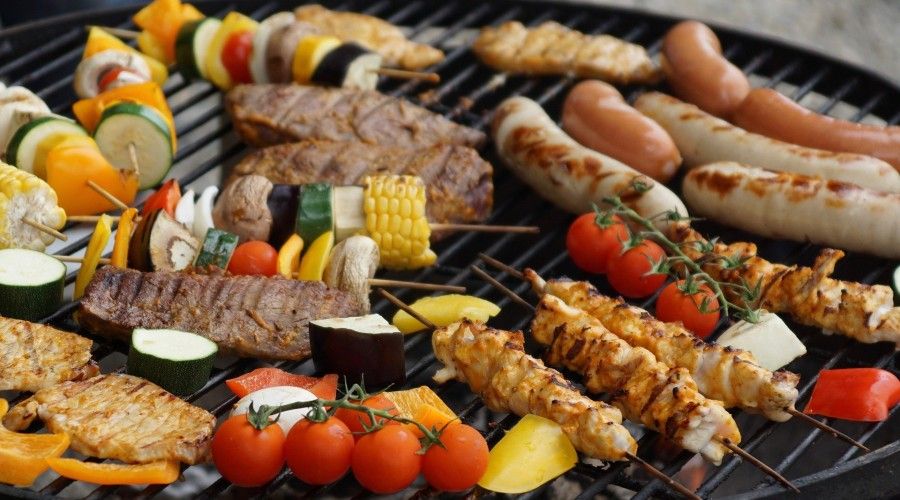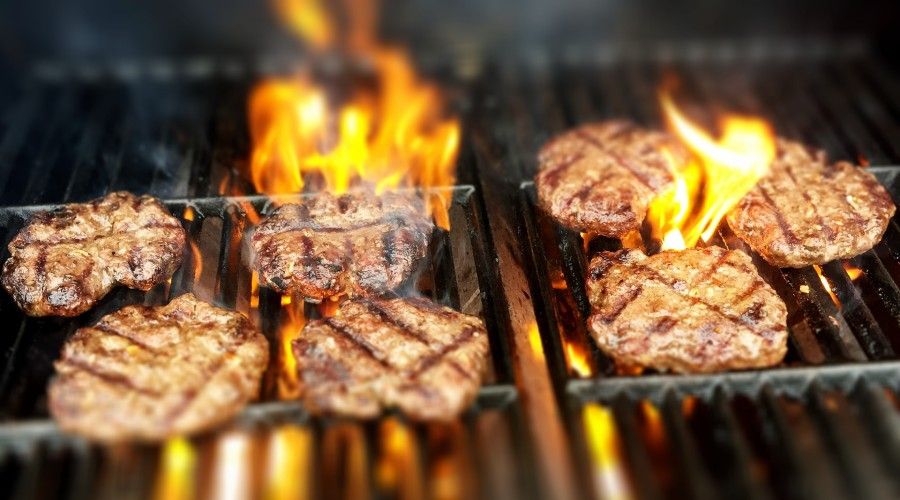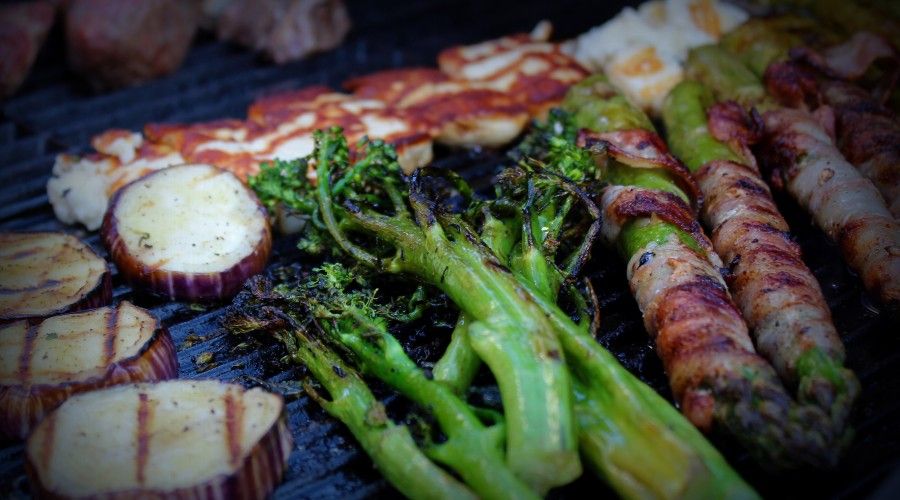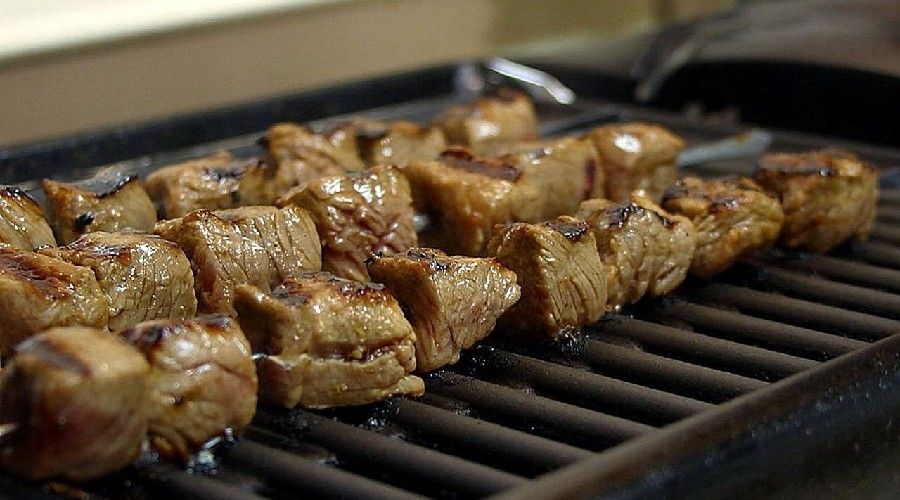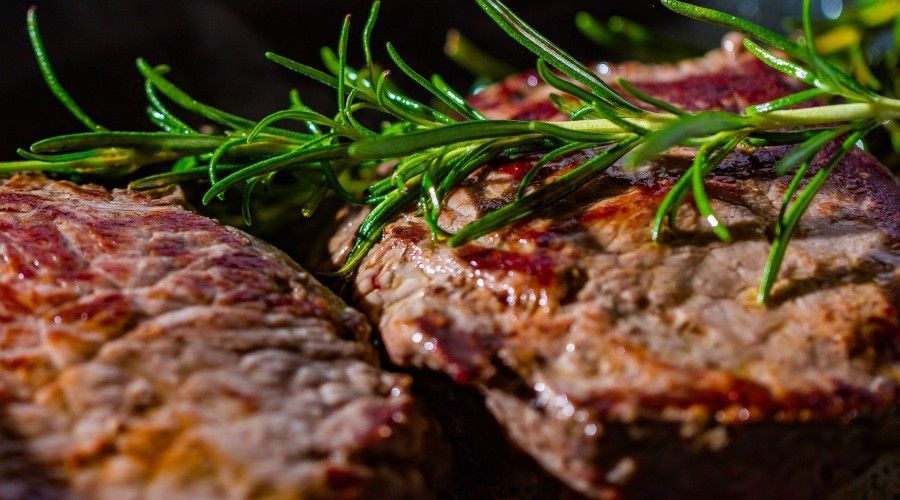In strictly culinary terms, broiling and grilling are essentially the same. However, there are subtle differences you should know to choose the best method for your personal use at any given meal.
Let’s look and see the definitions, similarities, differences, and fine details that may help you decide which is best for your purposes.
What is Grilling?
Image credits: Pexels via Pixabay
Grilling is often considered the glamorous cooking process – it takes a certain finesse and has many intricacies. But in reality, it’s a simple method of cooking meat, vegetables, fish, or even fruit over a direct heat source on a grill. Grills can use electricity, gas, propane, charcoal, wood chips, or other heat sources to do the cooking.
You can also use grill pans, skillets, and griddles to grill.
What is Broiling?
Image credits: Anne Nygård via Unsplash
Broiling is similar to grilling, except it is an indoor cooking method that uses dry, overhead heat to cook the same food items (meat, veggies, fruit, etc.). Typically, you use either a broiling pan or cast-iron skillet to broil your food. The broiler is part of most standard ovens.
To use a broiler, you simply turn on the heat to the broiler part of your oven, insert the pan with food into the broiler, close, and cook.
What are the Similarities of Grilling and Broiling?
Image credits: PublicDomainImages via Pixbay
There are several similarities between grilling and broiling.
- Both methods use smoke for cooking. Therefore, both methods result in smoky-tasting foods.
- You may use either broiling or grilling interchangeably for nearly the exact same taste. If you can grill it, you can broil. And vice versa.
- You have to preheat both grills and ovens before they can properly cook your food.
- Both methods may cause flare-ups. Just because broiling is done in the oven doesn’t mean you can walk away and leave it unattended. Flares up may happen and cause fires just like they an in outdoor grills.
What’s the Difference Between Broiling and Grilling?
Image credits: Divily via Pixabay
There are, of course, also several differences between grilling and broiling.
- Broiling temperatures max out at 550 degrees Fahrenheit. Grilling can allow you to use higher heat.
- With broiling, a pan is always required. Grilling can use pans, but many items can also be cooked directly on the grate of a grill.
- Grilling gives a better sear to food. The higher heat of the grill is how this happens.
- Grilling offers the option of indirect heat. Broiling is enclosed in a single space, so the heat is all the same across the broiler area.
- Broiling can be done indoors, while true grilling cannot.
- Grilling offers a more unique flavor than broiling, with a charcoal-smoky flavor.
How to Use the Broiler Like a Grill
For those who like the idea of grilling but don’t want to grill – or don’t have one! – broiling can result in a similar taste. So, if you’re more of an indoor chef, some tips for the amateur barbecuer that apply to boiling may help you achieve that “grilled to perfect” distinct flavor is below.
- Use leaner cuts of meat that will cook faster for the perfect flavor in less time than broilers usually take.
- Use a grill pan to give that grill mark and catch all the juices for a juicier meal.
- Use a meat thermometer to verify the meat is cooked to perfection. It’s a little harder to tell in a broiler than on a grill just by looking at something or taking a cut preview.
- Add smoky seasonings or liquid smoke to bring out that smoky flavor.
Grilling or Broiling – Your Call
The subtle differences between grilling and broiling might not make much of a difference to some folks. However, to others, they can help them make their decision automatically.
Primarily, you’ll want to opt for grilling over broiling if you need a higher heat, faster cooking time, strong desire searing, or if you want that natural smoky flavoring. Choose broiling for foul-weather days (especially in winter – it will heat your place up!) or when you prefer to stay inside. Otherwise, it’s totally up to on what will serve you best.

